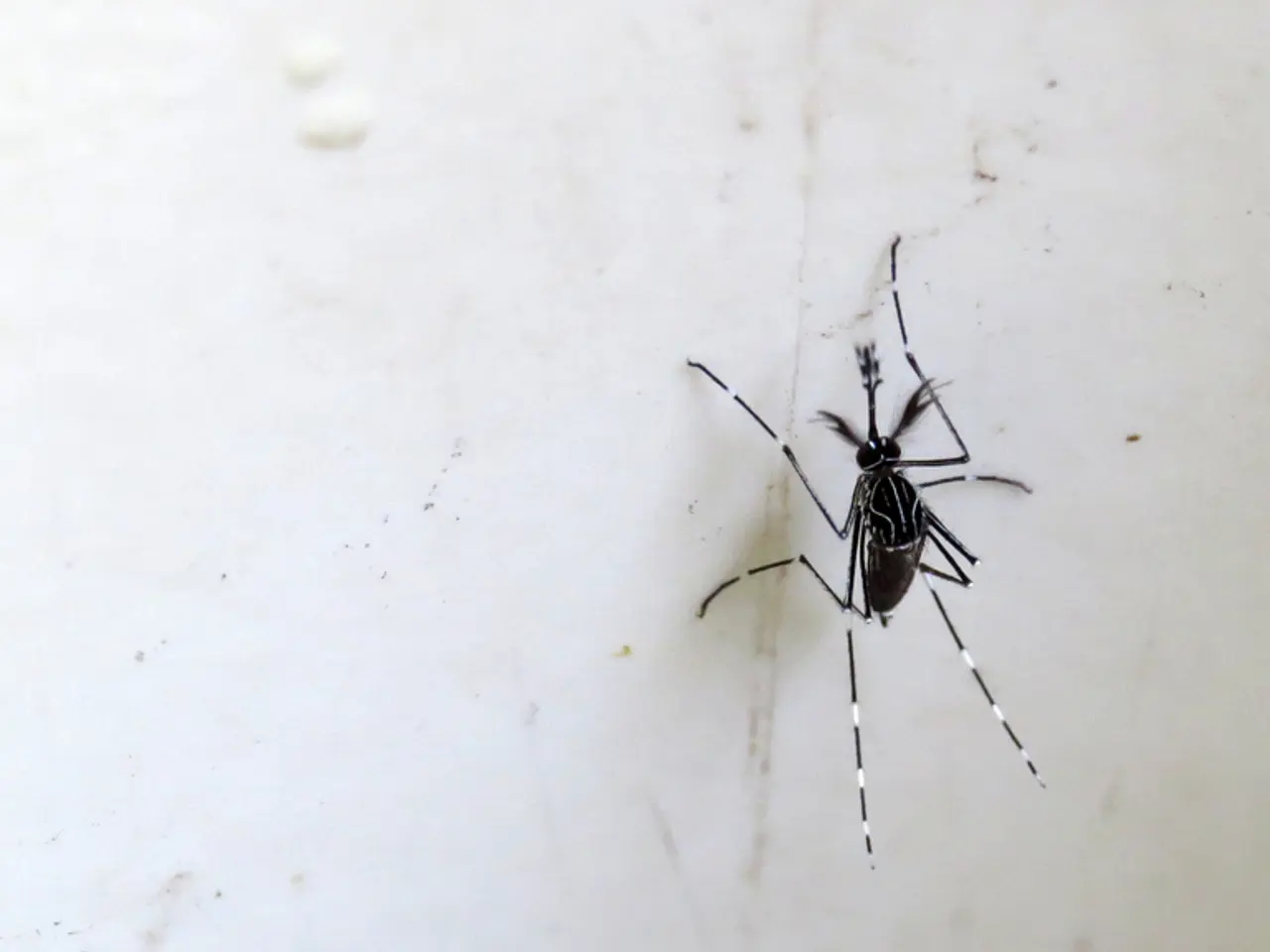Tulsa County Records First West Nile Virus Mosquito Trap This Season
Tulsa County has recorded its first positive mosquito trap for West Nile Virus (WNV) this season, marking a later-than-usual detection but not raising alarm bells. The Tulsa Health Department (THD) operates a mosquito surveillance program to monitor and control mosquito-borne illnesses in the area.
West Nile virus is typically most active in Oklahoma from July to October. THD begins its mosquito surveillance program in late April or May to stay ahead of potential threats. The virus is spread through the bite of an infected mosquito, which contracts the virus from infected birds and then transmits it to humans, horses, and other mammals.
Symptoms of WNV include sudden onset of fever, headache, dizziness, and muscle weakness. While there have been no confirmed cases in Tulsa County this year, five cases have been reported across the state. Public health officials strongly advise using insect repellent containing DEET for protection against mosquito bites.
THD operates a weekly mosquito trapping program in various locations throughout Tulsa County. Upon detecting a positive trap, as is the case this season, the department evaluates the affected area for targeted adult mosquito control and notifies nearby neighborhoods through the Nextdoor platform. Residents are encouraged to report standing or stagnant water in their area to help control mosquito breeding.
The first positive mosquito trap for West Nile Virus in Tulsa County this season is a reminder for residents to take precautions against mosquito bites. While this detection is later than usual, it is not cause for concern as positive mosquito samples are identified each summer in Oklahoma. The Tulsa Health Department continues to monitor and control mosquito-borne illnesses to protect public health.







